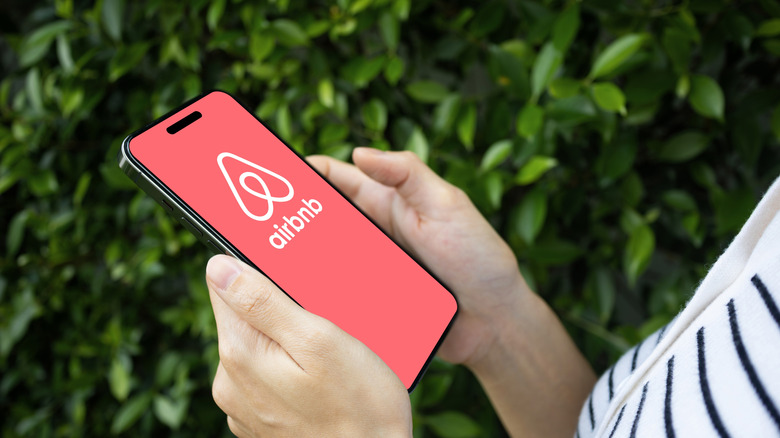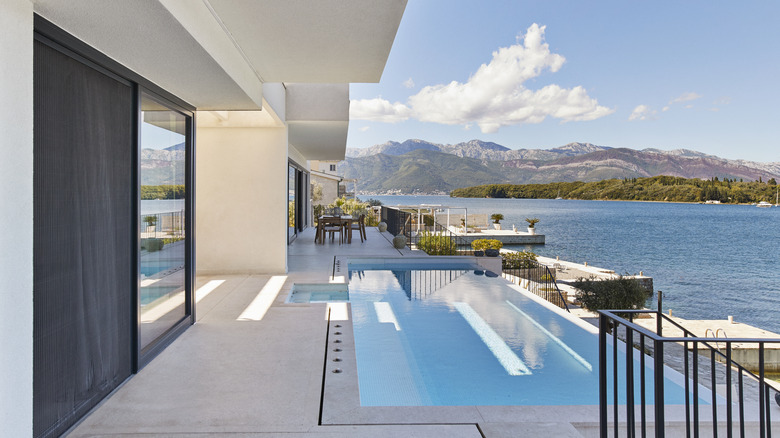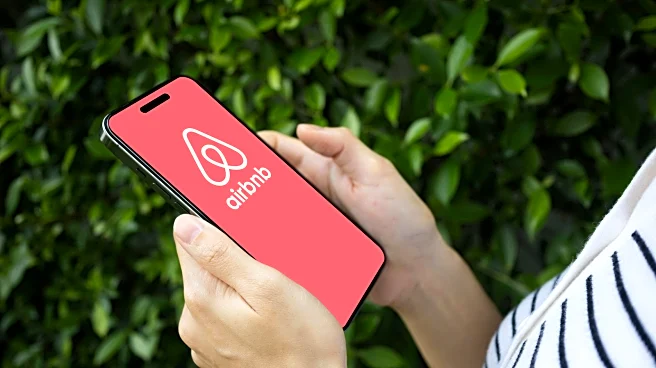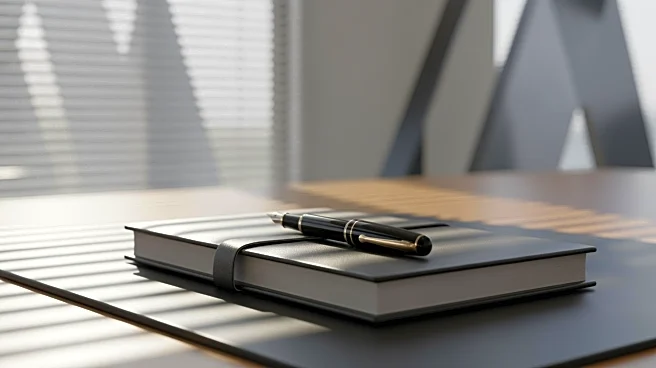
The rise of the sharing economy has wrested control from large companies and put some of that control in the hands of individual sellers and consumers. Perhaps the best example of this is accommodation
rental app Airbnb, allowing homeowners to lease out their property, or rooms within their property, with Airbnb serving as an affordable, easy-to-use, digital middleman. There's no doubt the company has been a rip-roaring success — it grew from flat broke to being worth $30 billion in just over a decade of business. However, not all the music around Airbnb has been so positive.
Some people have learned how to game the system. In 2019, Vice reported on a nationwide bait-and-switch scam, whereby users would be told at the last minute the property they'd booked was unavailable — usually by way of a dog-ate-homework kind of excuse — and were offered a substandard alternative instead. The use of fake addresses and misleading or stock photography is also a concern, and identifying these requires varying degrees of diligence. Thankfully, stock photos, one of the most common Airbnb scams, are easy to double-check before placing your booking.
Beyond that, there are other Airbnb red flags to look out for, like hosts complaining about guest habits in the property description, rigid check-in and check-out times, and requests to take payment procedures outside the Airbnb system. Even Rick Steves has begged his readers to stop using Airbnb because it has contributed to housing crises in European cities.
Read more: The Most Common Scams Tourists Should Know About Before Visiting Paris
How To Detect Stock Photos On Airbnb

There are several tips and tricks for spotting fake photos on an Airbnb listing. First, does the photo look fabricated? As in, does it look pinched from a home and lifestyle magazine rather than taken by an amateur photographer on an iPhone? Also, does the view outside the window match what you'd expect at the property you're renting? For example, if it's a Manhattan apartment, and you can clearly see mountain vistas through the drawn balcony doors, your BS alarm should start sounding. Or, maybe most egregious of all, have you come across the same, cookie-cutter photos on different listings? If the answer is yes, you're better off closing that tab and looking elsewhere.
Nowadays, stock photography is surprisingly easy to confirm through reverse image search engines like Google Images or TinEye. Just paste the photo's URL into the search box, or use the tool's drag-and-drop function, and you'll see if the same photo appears anywhere else online. Along with these tools, Airbnb has also made it more difficult for scammers to dupe unsuspecting users of the platform. In February 2024, the platform launched a verification system for listings in the U.S., U.K., Canada, Australia, and France, with the intention of verifying around 7 million listings.
The onus was put on individual hosts — rather than professional or corporate hosts with multiple listings — who had to fulfill certain verification criteria. As a result, private hosts are now required to take photos of the property exterior that match listing images. They also must supply videos of the interior and exterior, including a nearby marker like a street sign. Nonetheless, Airbnb has conceded that this added verification process only provides a safeguard, not an ironclad guarantee that the listing and host are legitimate.
Ready to discover more hidden gems and expert travel tips? Subscribe to our free newsletter for access to the world's best-kept travel secrets.
Read the original article on Islands.









